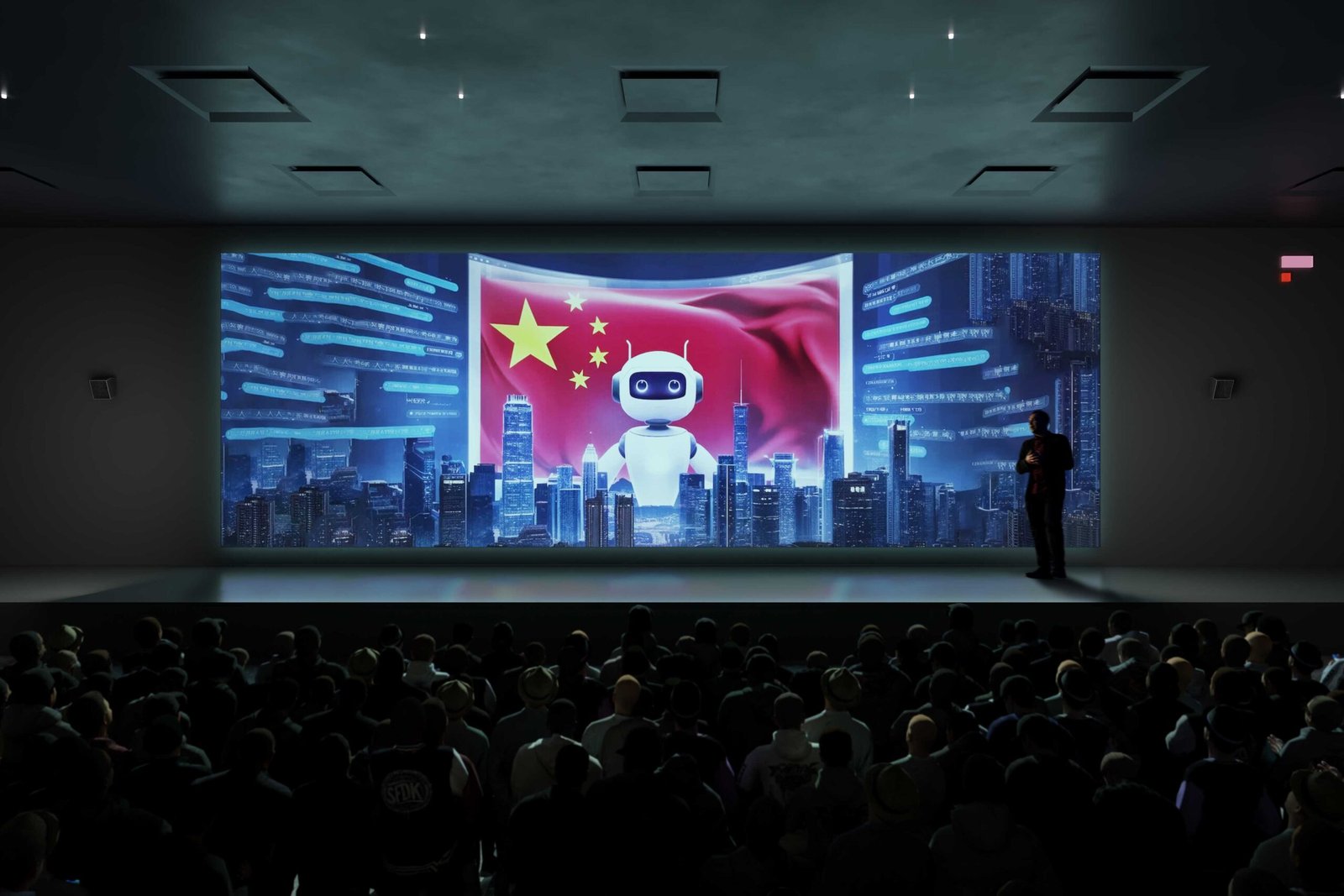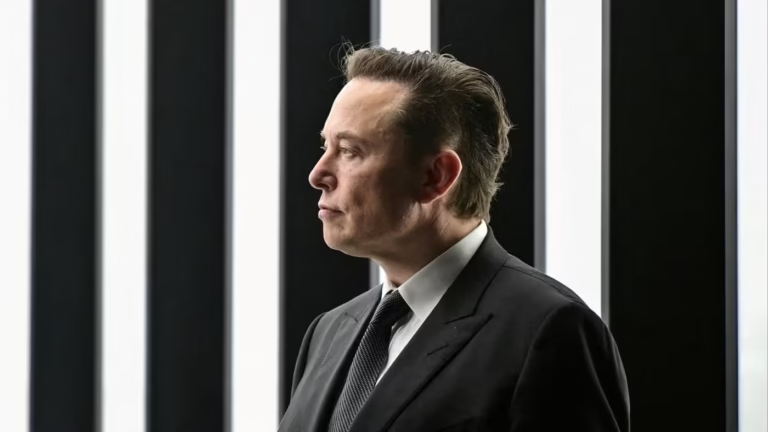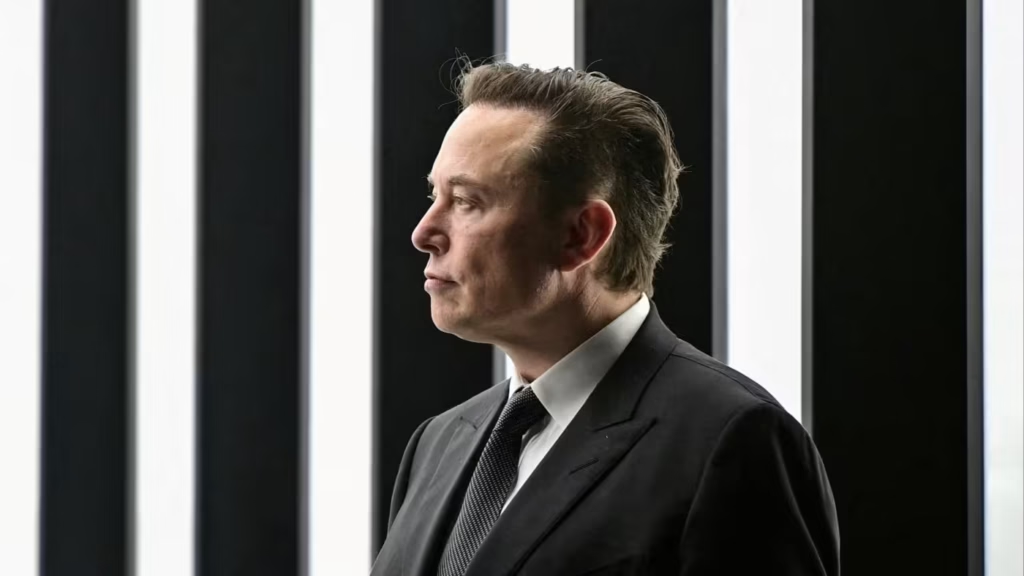Introduction
China AI development is advancing at an extraordinary pace, positioning the country as a serious contender for global dominance in artificial intelligence. Fueled by massive investments, strong government support, and a thriving tech ecosystem, China is reshaping the future of AI, aiming to redefine global economic and technological power.
China’s Strategic Push in AI Innovation
In recent years, China AI development has been driven by a clear national strategy. The government’s “New Generation Artificial Intelligence Development Plan,” launched in 2017, aims to make China the global leader in AI by 2030. This ambitious blueprint has mobilized both the public and private sectors.
Key pillars of China’s AI push include:
- Heavy investment in AI research and development, with over $22 billion allocated so far.
- Support for AI startups through funding programs, tax incentives, and policy frameworks.
- Development of AI industrial parks and innovation zones across cities like Beijing, Shenzhen, and Hangzhou.
Moreover, Chinese universities are producing thousands of AI researchers annually, fueling a deep and competitive talent pool.
Leading Companies Driving China AI Development
Several major tech giants are spearheading Chinese AI innovation. Companies like Baidu, Alibaba, and Tencent are pushing the boundaries of what artificial intelligence can achieve.
- Baidu is leading advancements in autonomous driving and natural language processing.
- Alibaba is heavily investing in AI-driven cloud computing, retail automation, and logistics.
- Tencent AI Lab is developing cutting-edge solutions in healthcare AI, computer vision, and smart cities.
In addition to these giants, startups like SenseTime, Megvii, and iFlytek are making breakthroughs in facial recognition, robotics, and speech technology. This dynamic ecosystem ensures China AI development stays diverse, competitive, and fast-moving.
The Role of Government Policy in Accelerating Growth
Unlike the decentralized approach seen in some Western countries, China’s AI development benefits from strong government coordination. Recent initiatives include:
- Setting ethical standards for AI deployment.
- Promoting AI education at all levels, from schools to universities.
- Launching public-private partnerships to accelerate AI applications in healthcare, agriculture, and urban management.
Furthermore, regional governments actively compete to become AI hubs, offering grants and subsidies to AI-focused companies.
AI Investment in China: A Surge Toward 2025
AI investment in China is expected to skyrocket by 2025. Forecasts predict China will command nearly 30% of the global AI market. This surge is driven by:
- Rising demand for AI-driven automation in manufacturing and logistics.
- Expansion of smart city initiatives powered by AI.
- Increased reliance on AI technologies in defense and cybersecurity sectors.
Venture capital firms are also pouring billions into AI startups, fueling rapid innovation and commercialization of emerging technologies.
Challenges in China’s AI Ambitions
Despite its impressive progress, China AI development faces several challenges:
- Balancing technological innovation with privacy protection and ethical standards.
- Managing international tensions, especially with the United States, over AI collaborations.
- Strengthening its software development sector compared to Silicon Valley’s mature infrastructure.
Nonetheless, China’s ability to set long-term strategies, mobilize resources effectively, and promote fast adoption of technologies keeps it moving forward rapidly.
A Global Race Shaped by China’s AI Power
As the global AI race intensifies, China AI development will continue to shape the future of innovation, commerce, and geopolitics. Chinese companies are increasingly challenging Silicon Valley’s dominance, while government policies ensure AI remains a national priority.
With each passing year, China moves closer to its goal of leading the world in artificial intelligence — a development that will profoundly impact global industries and economies.















